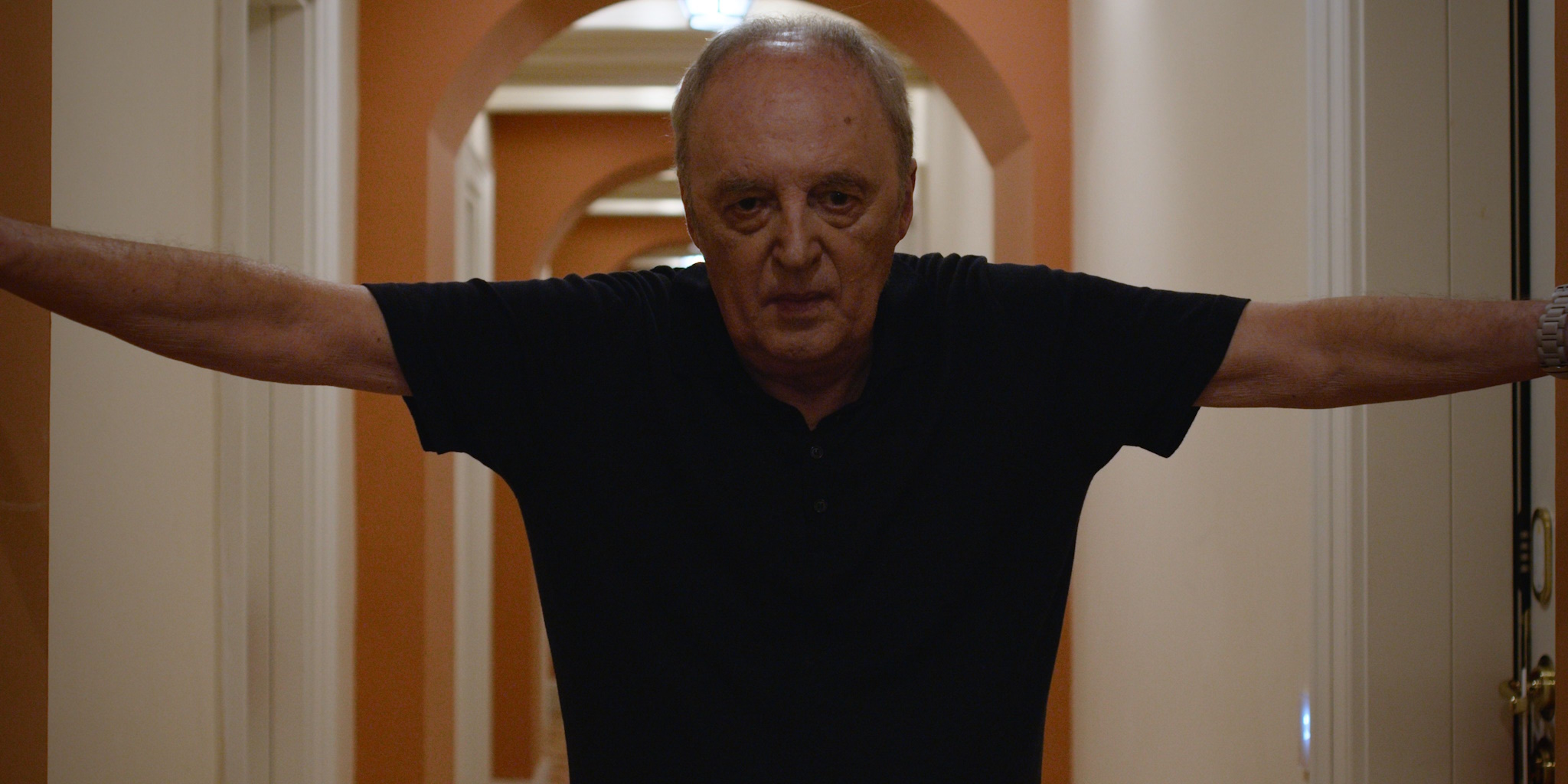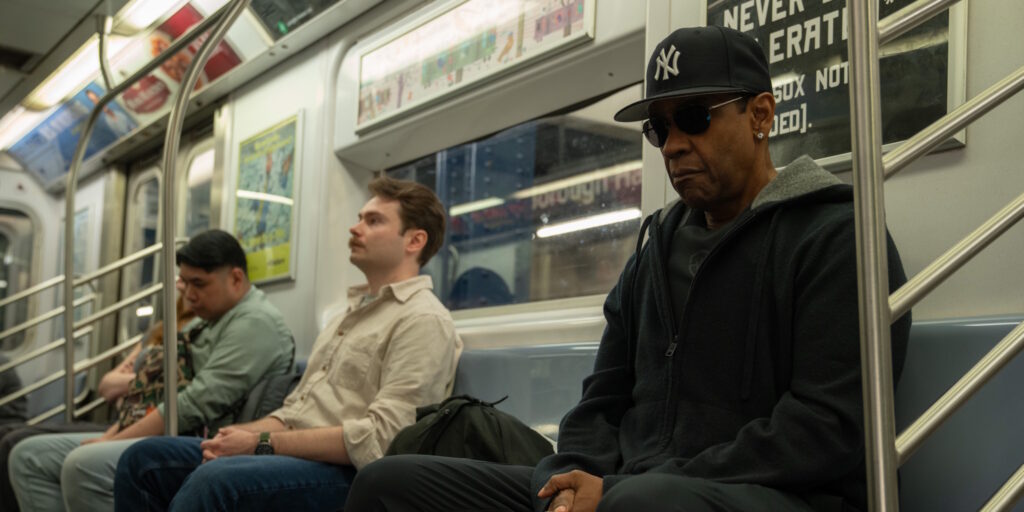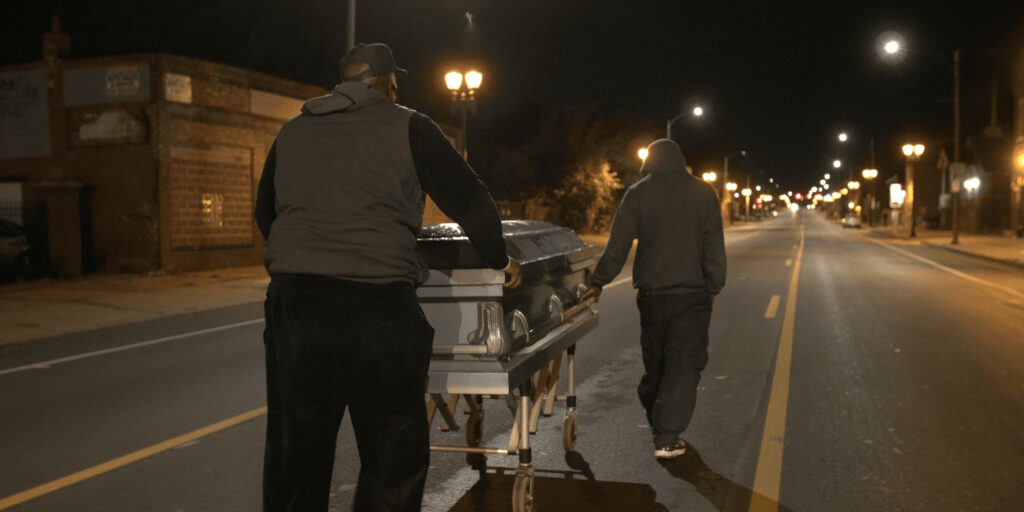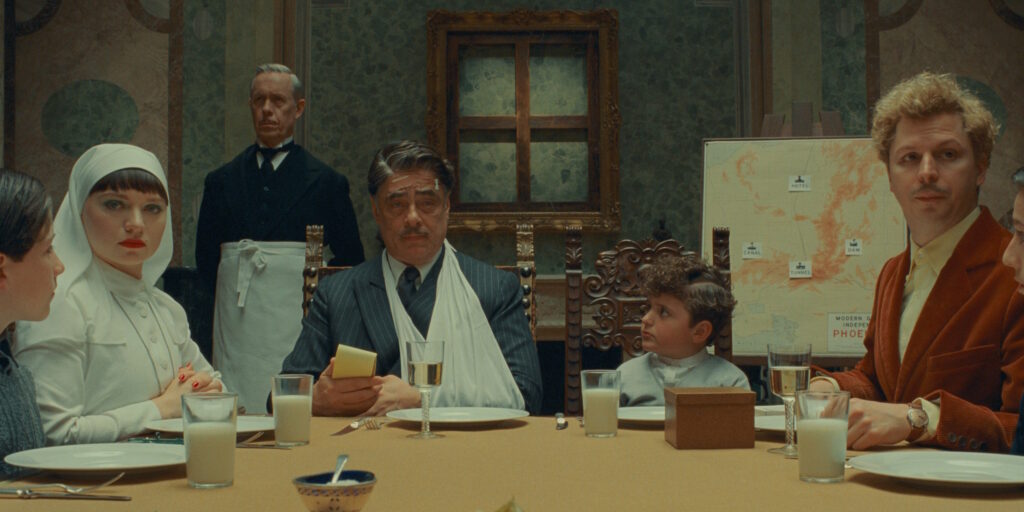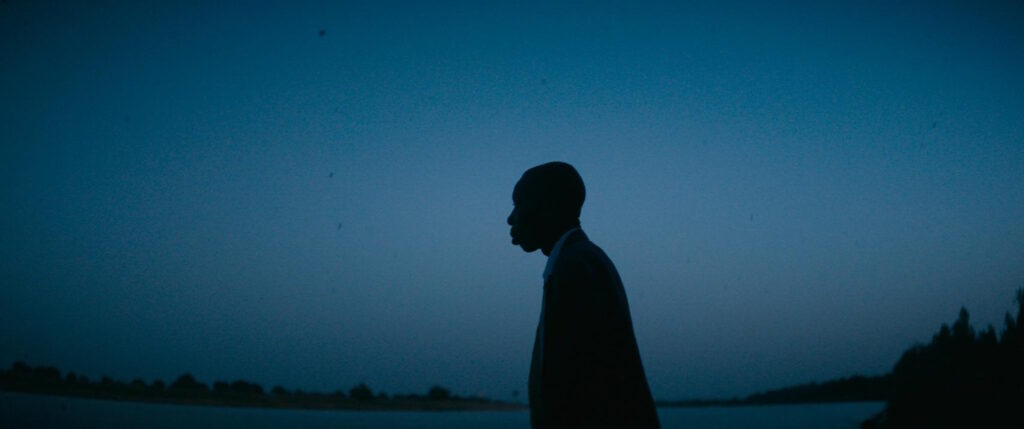You don’t have to know anything about filmmaker Dario Argento to understand that his masterpiece Suspiria (1977) is something special. One can go into that film totally blind and still appreciate that the Italian horror legend’s most famous feature – a gruesome, psychedelic fairy tale about a ballet academy ruled by witches – is a sui generis nightmare. The text truly speaks for itself. From there, most newly minted Argento fans pivot to one of his highly regarded 1980s features – Inferno (1980), Opera (1987), or Tenebre (1982) – or jump back to Deep Red (1975). (The latter being the discriminating cinephile’s nomination for his best film.) Or maybe they go straight to The Bird with the Crystal Plumage (1970), the feature debut that made Argento an international sensation.
From there things get … sticky. For, as even most Argento diehards will concede, there is a marked drop in artistic quality between the director’s best works and, well, everything else. Sure, there are Phenomenon (1985) enthusiasts and The Stendahl Syndrome (1996) partisans out there, but good luck finding anyone who will leap to the defense of Dracula 3D (2012). Yet it’s precisely this vast gulf between Argento’s masterworks and the rest of his filmography that makes him such a compelling and confounding figure, especially to horror aficionados who worship at the altar of the auteur theory. What kind of mind could create both a galvanic tour de force like Suspiria and a bungling shambles like The Phantom of the Opera (1998)?
The new biodoc Dario Argento Panico isn’t especially interested in answering this question. It glides tactfully over the director’s late-period flops and fumbles in a manner designed to preserve the octogenarian’s legacy as one of cinema’s Masters of Horror. Even interviewees with a potential ax to grind against the filmmaker – aggrieved exes, ill-treated actors, and frustrated collaborators – are broadly warm and complimentary in their remembrances. That said, there is still some merit to be gleaned from director Simone Scafidi’s (F for Fulci) hagiographic overview of Argento’s life and art. Both newcomers to the filmmaker’s works and his hardcore devotees will likely garner a choice insight or two, particularly from the glimpses of Argento’s early life and the passionate appreciations offered by other filmmakers.
Framing this eight-decade thumbnail is a barely-there storyline about Argento’s stay at a secluded hotel, with the ostensible ambition of working on a screenplay. (It’s not clear if this is the writing retreat that resulted in the revised script for his 2022 feature, Dark Glasses.) This frame narrative never amounts to much, other than a showcase for the filmmaker’s curmudgeonly disposition, as when he gripes over breakfast that he doesn’t like the look of the other hotel guests. Even Scafidi doesn’t seem particularly interested in these sequences, which provide no direct insight into Argento’s creative process, and the film is consistently eager to shift away from the hotel to the good stuff, as it were.
In almost every respect, Panico is a by-the-numbers chronological biodoc that leans heavily on talking-head interviews, archival footage, and juicy clips (sometimes literally) from Argento’s films. Viewers who are not already obsessive fans – say, those who haven’t already devoured Maitland McDonagh’s vital appreciation of the filmmaker’s work, Broken Mirrors/Broken Minds – will likely derive the most value from the documentary’s first half. These early sections cover Argento’s seminal childhood experiences, as well as his efforts to prove himself as a critic, screenwriter, and director. By contemporary standards, young Dario was what cultural wags would label a “nepo baby,” as his nascent career was propelled along with an assist from his film-producer father, Salvatore. Yet the younger Argento’s artistic iconoclasm is already evident in behind-the-scenes footage and media appearances in the 1970s, and, despite early wobbles, he quickly established himself as a hands-on, technically oriented director.
Viewers in search of titillating anecdotes about Argento’s film productions or personal life should look elsewhere, as Panico has little interest in excavating any unseemly or controversial episodes. Daughter Asia Argento is relatively frank when discussing her on-set discomfort with the sexually explicit The Phantom of the Opera as well as her short-term artistic falling-out with her father in the 2000s, but this is about as strained as the documentary gets. This leads to some dissonance here and there, as when intimations of Argento’s abusive treatment of lead actress Cristina Marsillach on Opera are juxtaposed awkwardly with Marsillach’s sunshine-and-roses description of their working relationship. Scafidi has no interest in rocking the boat and generally maintains focus on Argento as an inimitable and innovative artist – at least until his decades-long creative slump began in the 1990s.
Where Panico shines is in wrangling a handful of name filmmakers – Guillermo del Toro, Gaspar Noé, and Nicolas Winding Refn, among them – to gush unreservedly about Argento’s works. Although this is consistent with the feature’s uncritical stance, it is also one of Panico’s chief pleasures. When some of the world’s most respected auteurs speak earnestly and eloquently of Argento’s significance to them, both personally and professionally, it does more to convince the viewer of the filmmaker’s enduring artistic importance than any highlight reel or abstract assertion of greatness. To watch laureled creatives speak of a fellow artist with such fanboyish effusiveness is to be taken back to one’s first viewing of Suspiria, renewing one’s understanding of its unique, timeless power.
Dario Argento Panico will be available to stream on Shudder on Friday, Feb. 2.
